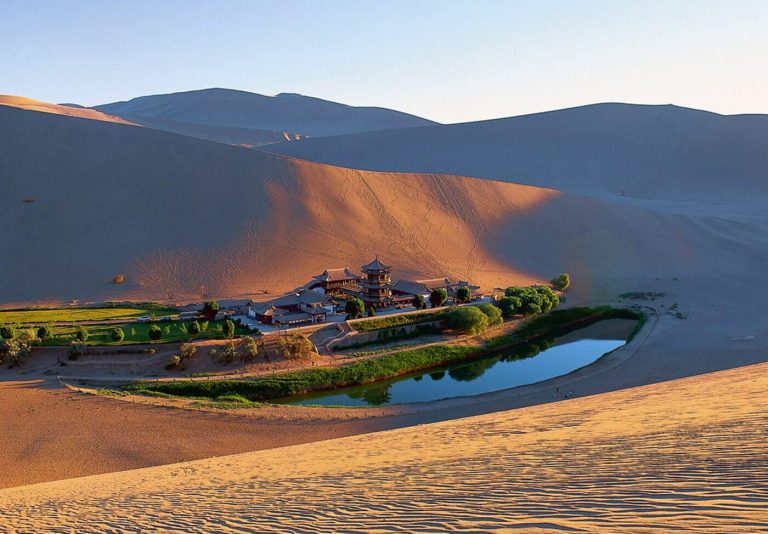The largest desert in Asia, the Gobi Desert is one of the most famous deserts in the world. When you say a desert, most people expect a land with sand dunes, but do you know that the amount of such sand dunes in the Gobi desert is only 5% of the total land area? Isn’t it amazing? This dessert is actually a mountain range with fertile populations. There are also arid lands where the grass grows tall.
The Gobi desert is a desert that spans two countries. One side of it spreads to the south of Mongolia and the other part spreads to the north and northwest of China. The Mongolian Desert region occupies about 30% of its territory within Mongolia itself. This Mongolian oasis has been ranked 18th in the world’s low-cost travel destinations published in 2019.
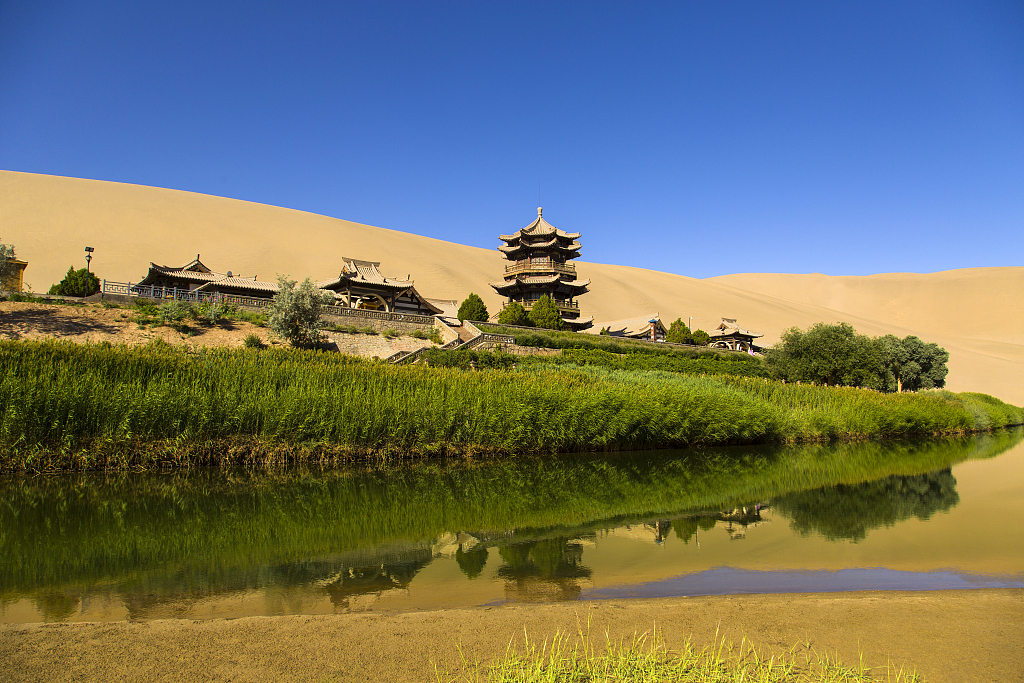
A visitor to this area enjoys a very high level of hospitality compared to other places due to the limited number of visitors who come to meet the people living in the Gobi oasis. These people who welcome visitors kindly provide all the necessary facilities to the tourists very well.
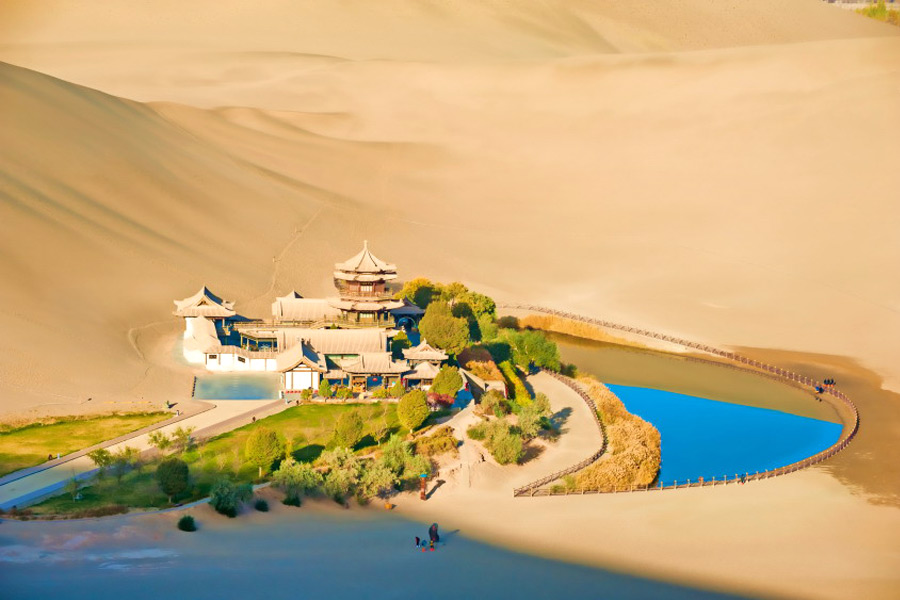
About half of the Mongolian population practice Lama Buddhism, while the rest practice Islam and Christianity. 95% of these people speak Mongolian. The Chinese language is also popular among the people living in the Gobi desert. They use “The Mongolian Tögrög or Tugrik” as currency. There are many important archaeological factors around the Gobi desert and it was during excavations around the Gobi that dinosaurs were first discovered to lay eggs. The Gobi desert is rich in copper, gold and coal deposits, and the world’s third-largest gold and copper mines exist here. Apart from camels, eagles, deer, rats, and bears are commonly seen in this area. But there is a risk that camel herds will lose their grazing lands due to the further spread of desertification due to sudden climate change.
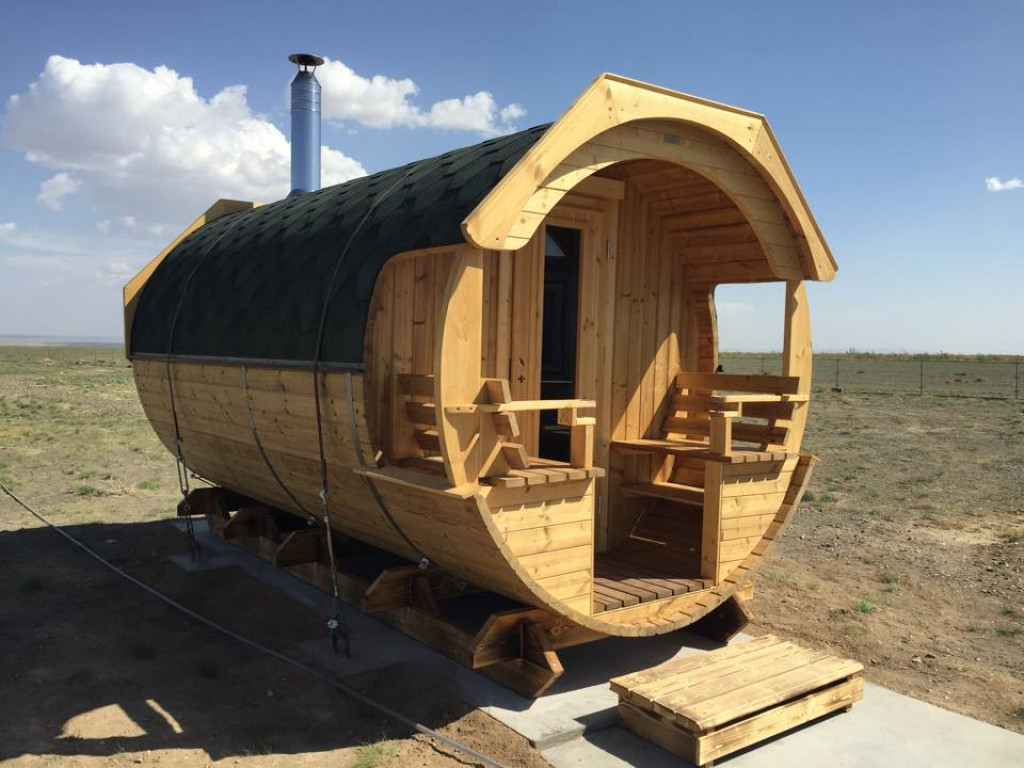
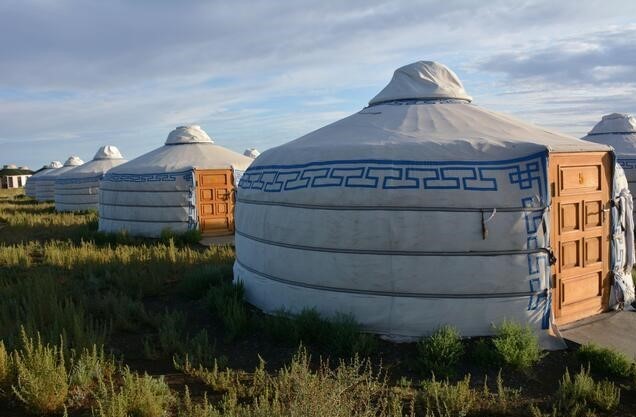
A traveller in the Gobi can stay in a domed tent used by pastoralists for a very low price and get a fresh experience. Also, riding a camel and taking a trip between the sand dunes brings great inspiration to a Gobi tourist.
Find out more by engaging Buzzer.lk and Buzzer Travel.




